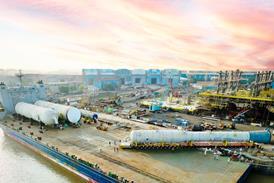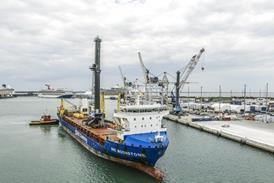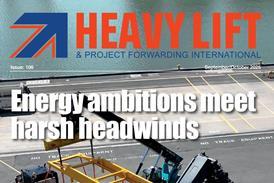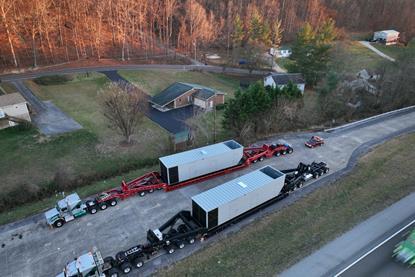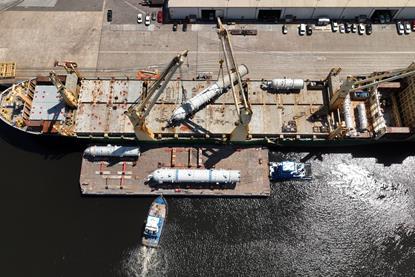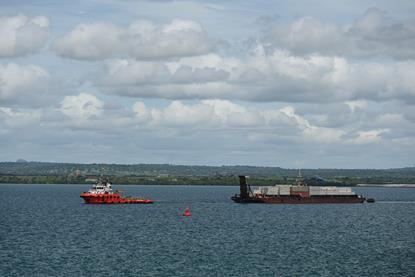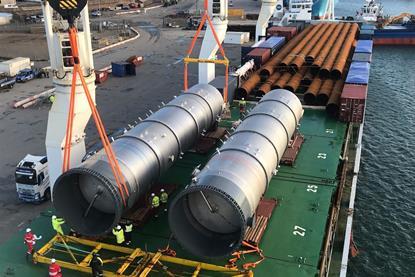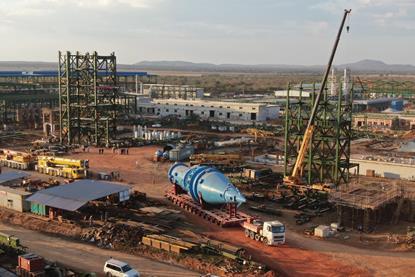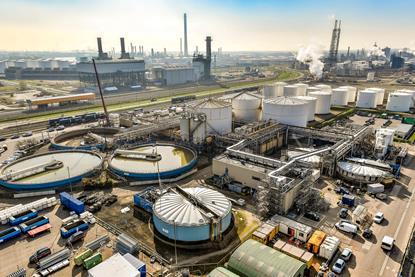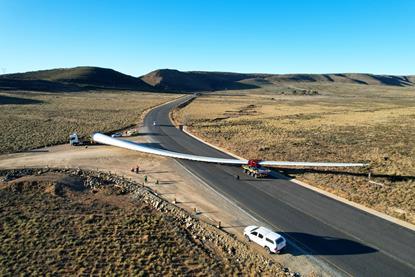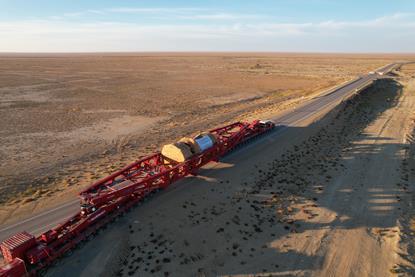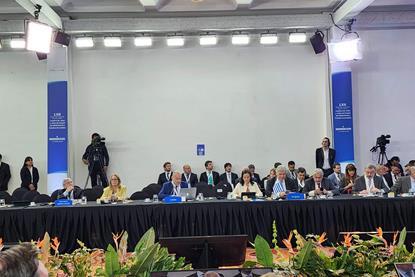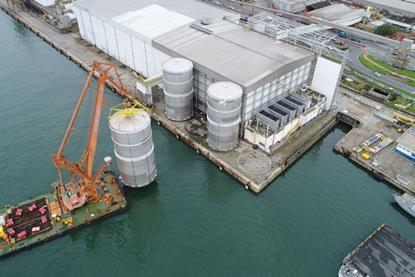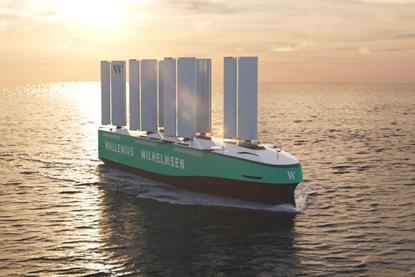USA gets to GRIP with power transmission
The US government hopes to galvanise a wave of grid infrastructure investments with financial support and new legislation. Meanwhile, logisticians located well away from the seaboards are increasingly being called upon to move some of the heaviest loads, writes Gregory DL Morris.
South Korea: an Asian powerhouse at the crossroads
South Korean manufacturers are having to adapt to a world of lower-cost competition, forcing project logisticians and multipurpose shipping lines to take stock. However, there are still opportunities as the coal-dependent nation redraws its energy mix. Chris Lewis reports.
Project Cargo Africa: a roadmap to future growth
Raw materials exports, many of which are essential to the global energy transition, underpin many African economies and continue to generate project logistics activity. Turbulence in Europe has benefitted the continent too, writes Megan Ramsay.
Africa’s multipurpose operators face regional challenges
Multipurpose carriers active on Africa’s Eastern and Western seaboards face distinctive challenges, the former having had to adopt a wait-and-see approach relating to delayed LNG projects that will generate large-scale project work, the latter facing significant competition from the container shipping business.
South American project logistics markets keeps its feet amid volatility
HLPFI’s last South America project logistics report suggested that 2023 would be a more stable year. That proved to be somewhat over-optimistic – but the community is keeping its feet amid turbulent currents, writes Megan Ramsay.
HLPFI meets: Eduardo Davila
“Your company is the first thing. It goes before your wife, it goes before your family, because it is so demanding. When your company is calling you, you cannot attend to anything else. At least that has been my way and my family have fortunately understood this.” Eduardo Davila, president of Joaquin Davila & Cie, spoke on his storied journey to Justin Archard.
Digital Editions
Read the latest and archived digital editions of Heavy Lift & Project Forwarding International (HLPFI) magazine.
Digital editionsEnergy transition to squeeze project logistics capacity
Future downstream oil and gas industry investment is likely to be increasingly focused on sectors like hydrogen, biofuels and petrochemical production to support the energy transition, alongside traditional oil refining and liquefied natural gas (LNG) activities. The resultant increase in project logistics and heavy lift demand will put further pressure on logisticians. Phil Hastings reports.
Boosting capacity and raising standards in Africa
There has been a notable uptick in project logistics activity in Africa, driven by rising demand for minerals, metals and energy. However, there is a pressing need to improve standards. Carriers, meanwhile, are boosting capacity. David Kershaw reports.
Alternatives for project cargo moves in the Caspian States and Central Asia
The rugged terrain and infrastructure limitations of Central Asia present unique challenges for heavy and project cargo transportation – and the geopolitical tensions currently affecting the region are adding a further layer of complexity, writes Megan Ramsay.
Stricken Argentina bargains on regaining control of trade terms
In early July, Argentina hosted the Mercosur summit where trade negotiations with the EU were central to the agenda. But, of course, the current turmoil facing the Argentine economy could not be overlooked.
Winds of change ripple across Brazil’s project logistics market
There is a clear consensus regarding Brazil’s project logistics potential on the global stage – but its political and economic uncertainties cannot be ignored. Nor can the changing dynamics among other large economies, writes Megan Ramsay.
Ro-ro operators capitalise in tight market
Demand for ro-ros has surged over the past 18 months with rates hitting record levels. Operators are relishing prospects in the years ahead, writes David Kershaw.

